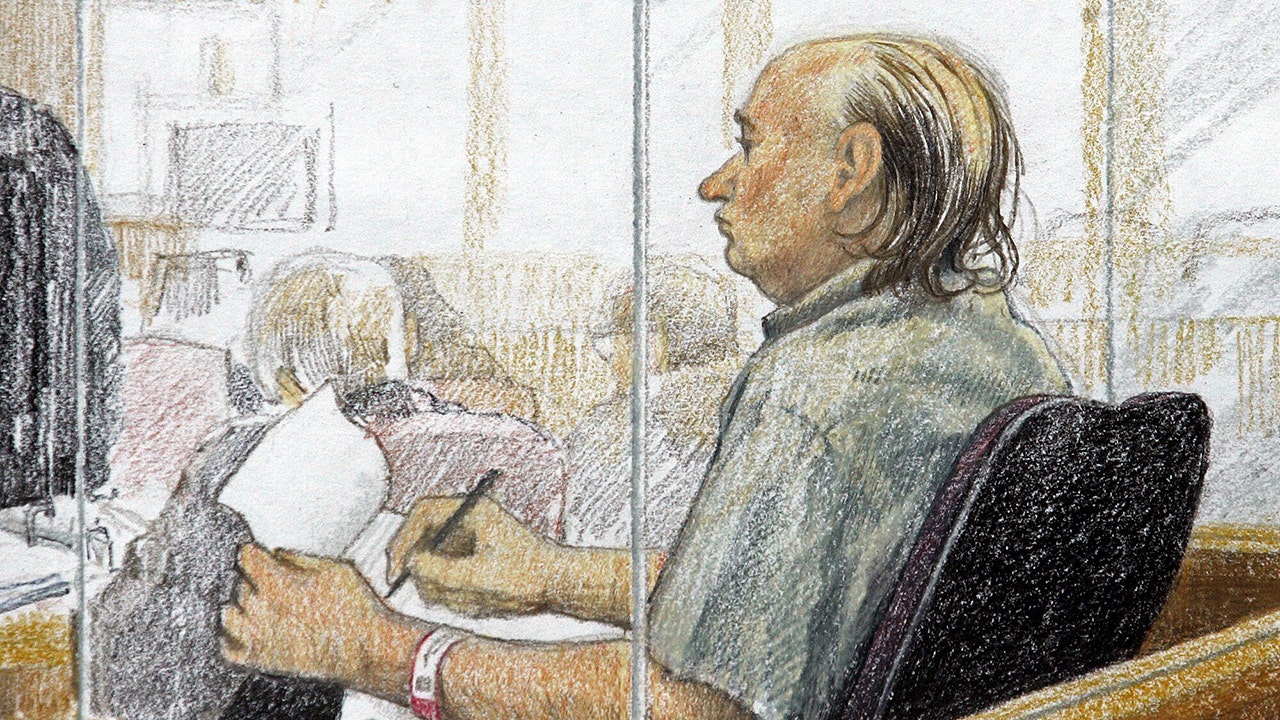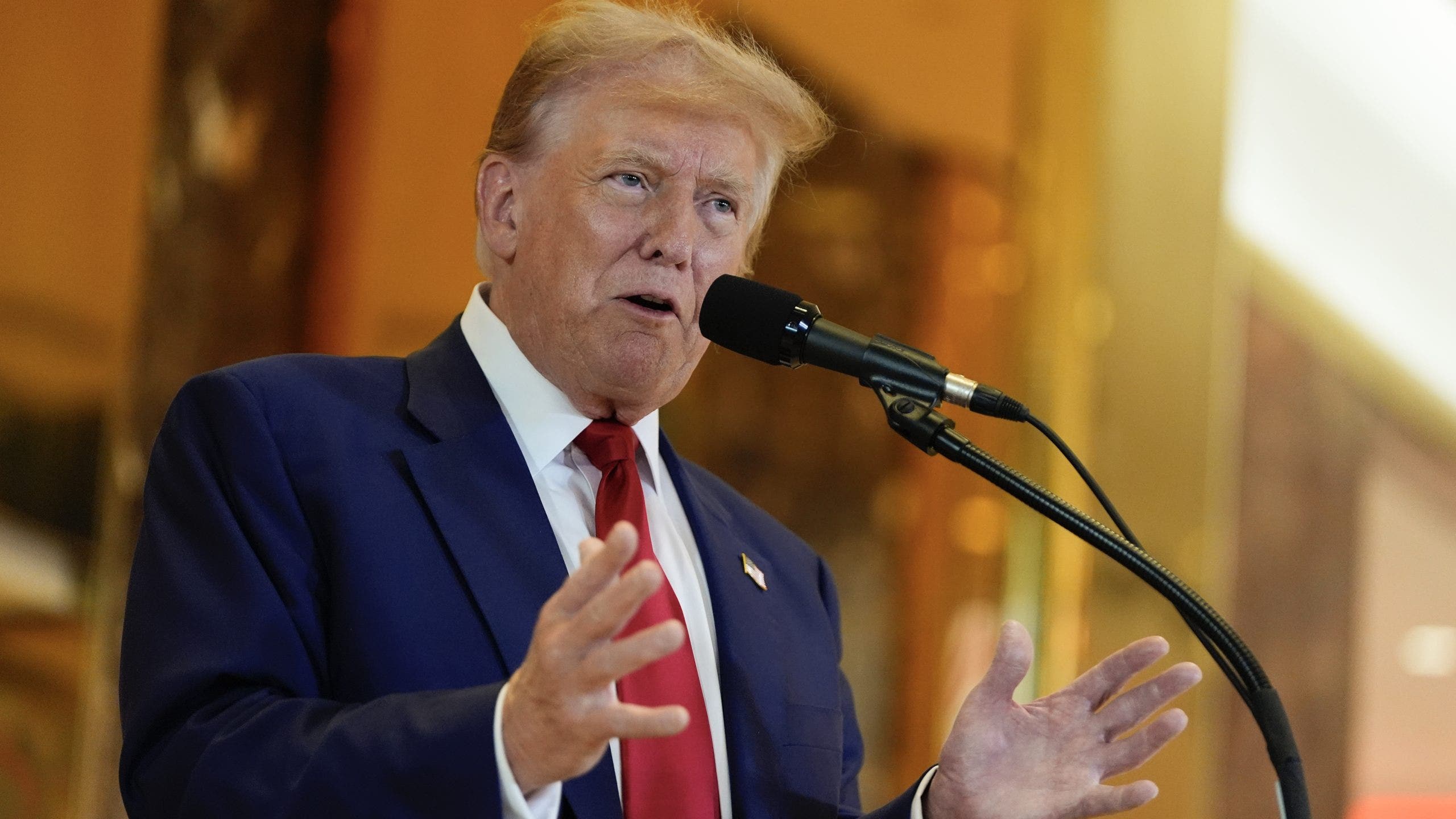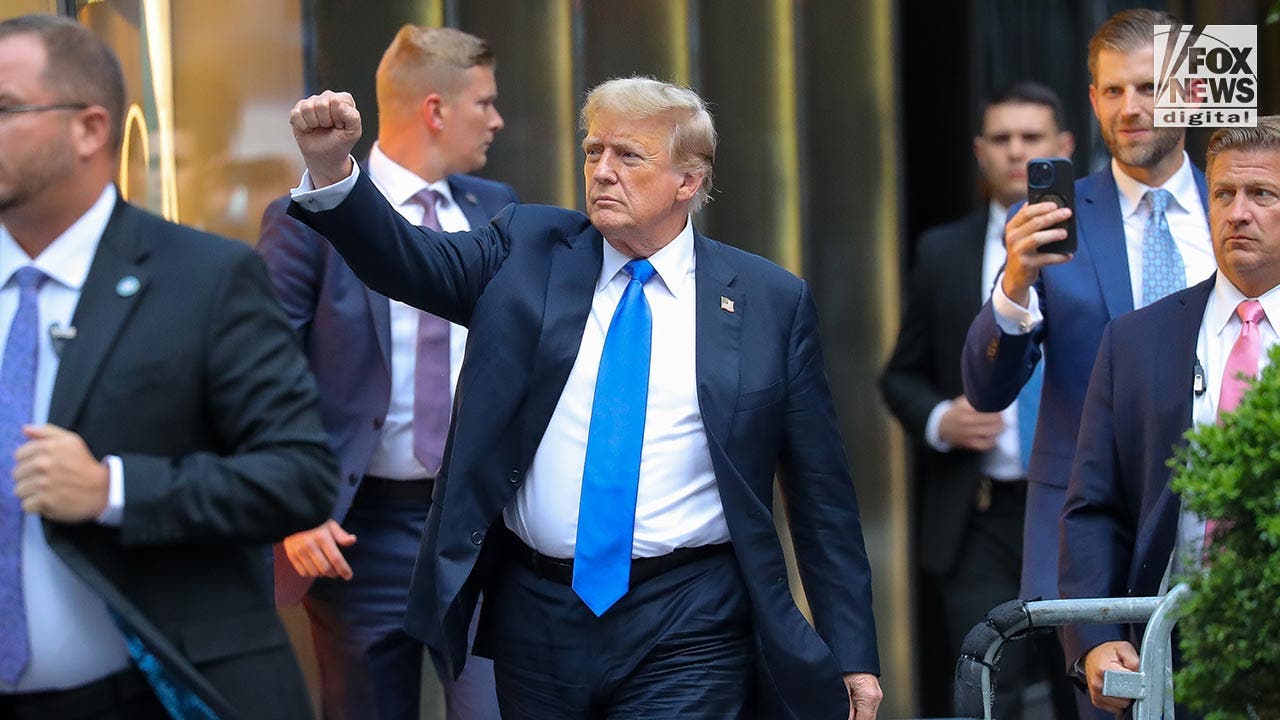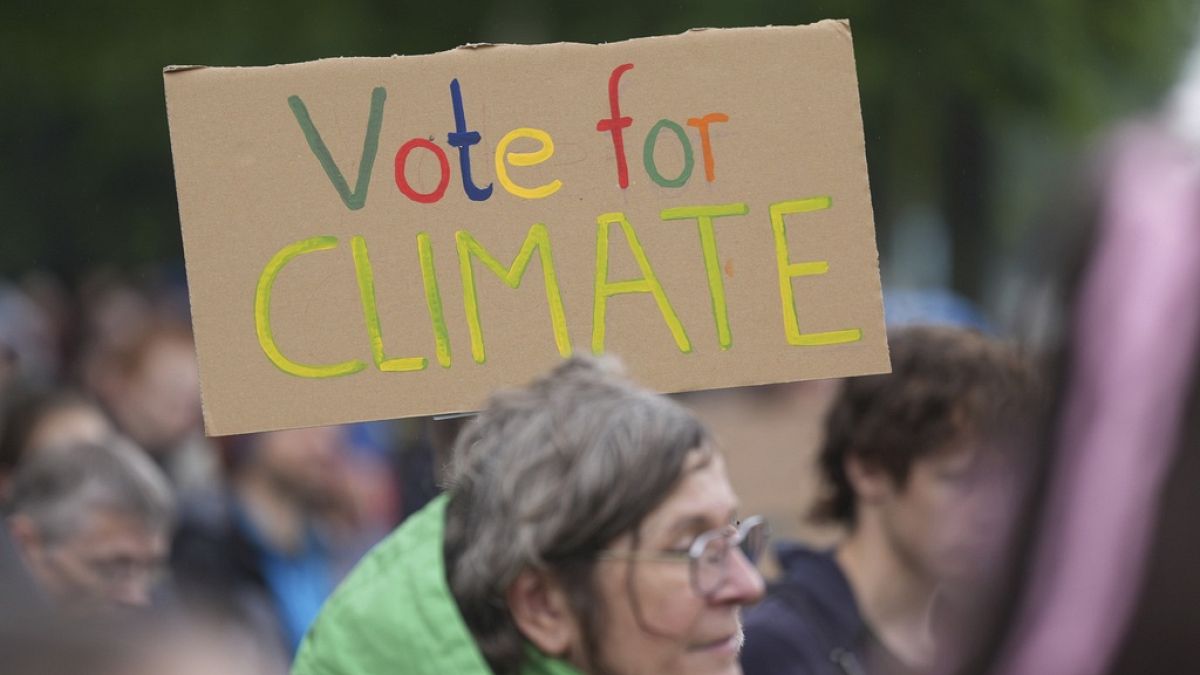Education
How Ben Sasse Became a Combatant in Florida’s Education Wars

Sasse’s words sometimes tumble out in a kind of techno-futurist patois that can be hard to follow. In response to a question about his perceived invisibility on campus, he veered off into something about the future of pedagogy. “And that requires us to unbundle cohorting, community and synchronicity from co-localities,” he said. Later, he added, “What will today’s generic term ‘professor’ mean when you disaggregate syllabus designer, sage-on-the-stage lecturer, seminar leader, instructional technologist, grader, assessor, etc.?”
Sasse is not the first politician to lead a big public university. David Boren served as president of the University of Oklahoma for more than two decades, and Mitch Daniels led Purdue University, in Indiana, for 10 years. But each had been a governor of his state. Many of Sasse’s critics have noted that the enrollment at Midland University, where he was president from 2010 to 2014, was smaller than that of their high schools. (At Sasse’s initiative, the school changed its name from Midland Lutheran College.) “His hiring is unusual in that most of the other candidates we see who come in from outside academia have had experience in leading something fairly big,” says Judith Wilde, a research professor at the Shar School of Policy and Government at George Mason University in Virginia, who studies presidential searches in higher education. “Considering everything going on in Florida, it’s hard to see it as anything but political.”
At the November meeting where the trustees appointed him, Sasse gave some opening remarks after the public comments. But he did not respond to the criticism — or even acknowledge it. Among those who spoke against him were the president of the Graduate Student Council, a member of the student government, a representative of a campus Pride organization, a university employee who said she was the first in her family to go to college and an undergraduate who worked part time at U.F.’s Bob Graham Center for Public Service. Their complaints struck Sasse as irrelevant. “The idea that much of what’s happening here is about tribal politics is wrong, because what’s really happening is going to be radically disrupted by technology,” he told me. “The historian in my soul thinks that 100 years or a thousand years from now, when people are looking back, I really don’t think they’re going to be talking about politics.”
He continued: “What I think is, the people who scream are complete outliers for the community. There are 86,000 souls on campus, and the high-water mark of people screaming is usually dozens.”
In May, Sasse met over Zoom with a committee, set up by a predecessor, that advises the president on L.G.B.T.Q. concerns. Oliver Grundmann, a professor in the College of Pharmacy, told me that members of the campus community were worried because of the positions Sasse took in the past. When the subject of having at least one gender-neutral bathroom in each campus building came up, Sasse said he would look into it but that modifications could be difficult in some of the older buildings. “Our perception was that he paid attention,” Grundmann says. “He thanked us and said he appreciated our comments. It would be nice to receive an open letter of support and some fighting words, but the reality is on the other side.”

Education
Video: ‘It Didn’t Have to Happen This Way:’ U.Va. Faculty Call for Review of Police Response to Protests

Protesters: “Disclose! Divest!” In student-led protests around the country, university faculty have stood in support of demonstrators, risking arrest. “He is a professor. He is a professor.” At the University of Virginia, The Times got an inside look at faculty’s role. “I can take you through the blow by blow of the day if you want.” And how their negotiations with police broke down at a crucial moment. “Why is he —” “Back up.” “In a wanton fashion, they allowed the Virginia State Police to come here fully armed, rifles, mace. One of my colleagues was standing right there trying to talk to the Virginia State Police. He got arrested. The other one standing next to him got pushed back behind the line, and he got partially maced. It didn’t have to happen this way.” The night before police raided a pro-Palestinian encampment, a few University of Virginia professors tried to deescalate the standoff and recorded their conversation with the university police chief, Tim Longo. The Times agreed to blur the faces of faculty who had concerns about their job security. Protesters had refused to engage with the university. So a handful of professors stepped in to be intermediaries. This, at times, frustrated administrators who told The Times the process required a leap of faith. “We basically took shifts, two-hour shifts being here. We had these yellow armbands that we wore to distinguish that we were faculty liaison. And our job really was just to communicate between the administration, the police and the students.” Hours later, Professors Walter Heinecke and Mark Sicoli, who documented the incident on his phone, approached the police chief again, stating confusion about what the campus policy actually states for use of smaller recreational tents. Within half an hour, before professors and police could come to an agreement about the tent policy, Chief Longo called the Virginia State Police. Troopers soon arrived with pepper spray and M4 assault rifles to help dismantle the encampment. In all, a few dozen protesters in about 20 tents. “Shame on you. Shame on you.” University officials say they warned protesters for days that they were in violation of school policy. Twenty-seven people were arrested, including at least one professor, who declined to speak with us for this story. “He is a professor. This is a professor.” “We were in front of the camp students. And then in front of us were faculty. And then the Virginia State Police were here and moved in. I was hit with a riot shield, which is when I got this bruise. They pepper-sprayed me. I was detained for about 10 minutes, if I had to guess. And then eventually, they just, like, cut off my zip ties.” The heavy police response raised alarm across campus. And now, several faculty members, including Heinecke, want to hold the university accountable for what they say was a violent clampdown on free speech, protesting Israel’s war in Gaza. “I’ve just got to show you one thing where they get around on —” “If they would have just said, you know, let’s negotiate, let’s leave the tents up for a couple more days and we’ll negotiate this out. It’s not like you’re robbing a bank or anything. You put a couple of tents on. Why couldn’t we have just done this a different way because the stakes were so low?” The university president and campus police chief did not respond to requests for comment. “And then I’ll turn to Chief Longo.” But in a virtual town hall on May 7, university police and administration defended their actions, citing unidentified outside agitators as a primary concern. “The police were met with physical confrontation and attempted assault, and didn’t feel equipped to engage given the situation. That’s when the decision was made to call on the state police.” “We have a duty to fight for Palestine.” “We have a —” “I was afraid that myself and the assistant chief would be surrounded, and that we would be put in a position to have to defend ourselves. It was clear to me by word and action, this was escalating.” “Free, free Palestine.” “In front of the historic rotunda.” In response, Heinecke and several other faculty members held their own town hall to try to show that the police action was unwarranted. Then on May 10, the U.V.A. faculty senate held a hearing with President Ryan to discuss the university response to protests. “I, for one, am thankful for him that he prevented us to get into a situation, which would be similar to a Columbia.” While there was support, most of the speakers were critical. “My heart broke because of what took place.” “To the condemnable call of the Virginia State Police in full gear, and the use of excessive force to terrorize our students in their own backyard.” “If all of you decide I’m not the right leader, that’s your choice.” In a vote, faculty called for an independent review of his and Chief Longo’s decisions on May 4, but stopped short of condemning the police action outright. “All right. Once again, I need people who are just here for court.” On the same day across town, supporters of protesters facing trespassing charges gathered in solidarity at the courthouse. “It’s first hearing for everybody who was charged with trespass, which includes our two students.” On May 15, many of those arrested at the protest encampment had their charges dismissed by the public prosecutor. A U.V.A. spokesman told The Times that the university has not yet agreed to an independent review of its decision to call in state police.
Education
Video: Hundreds of Harvard Students Walk Out at Commencement

new video loaded: Hundreds of Harvard Students Walk Out at Commencement
transcript
transcript
Hundreds of Harvard Students Walk Out at Commencement
The students were protesting Harvard University’s decision to bar 13 seniors from the ceremony in the wake of campus demonstrations over the war in Gaza.
-
Crowd: “Let them walk. Let them walk, let them walk.”
Recent episodes in Israel-Hamas War
Education
Video: Protesters Scuffle With Police During Pomona College Commencement

new video loaded: Protesters Scuffle With Police During Pomona College Commencement
transcript
transcript
Protesters Scuffle With Police During Pomona College Commencement
Pro-Palestinian demonstrators tried to block access to Pomona College’s graduation ceremony on Sunday.
-
[chanting in call and response] Not another nickel, not another dime. No more money for Israel’s crime. Resistance is justified when people are occupied.
Recent episodes in U.S.
-

 World1 week ago
World1 week ago€440k frozen in Italy over suspect scam by fake farmers
-

 News1 week ago
News1 week agoBuy-now, pay-later returns and disputes are about to get federal oversight
-
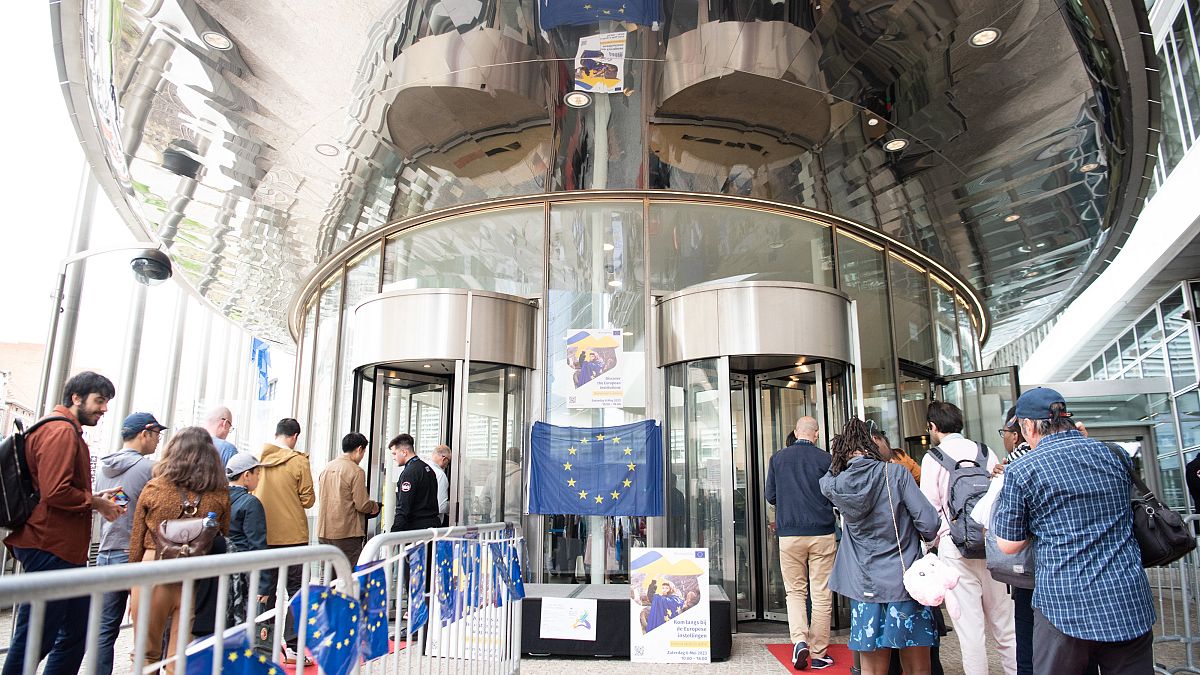
 World1 week ago
World1 week agoOmbudsman probes Commission's senior staff 'revolving door'
-

 News1 week ago
News1 week agoRead the I.C.J. Ruling on Israel’s Rafah Offensive
-

 News1 week ago
News1 week agoVideo: Protesters Take Over U.C.L.A. Building
-
/cdn.vox-cdn.com/uploads/chorus_asset/file/25459708/Screenshot_2024_05_22_at_9.08.56_AM.png)
/cdn.vox-cdn.com/uploads/chorus_asset/file/25459708/Screenshot_2024_05_22_at_9.08.56_AM.png) Technology1 week ago
Technology1 week agoSuper Mario Maker 64 exists, thanks to a new ROM hack
-

 World1 week ago
World1 week agoHoping to pave pathway to peace, Norway to recognise Palestinian statehood
-
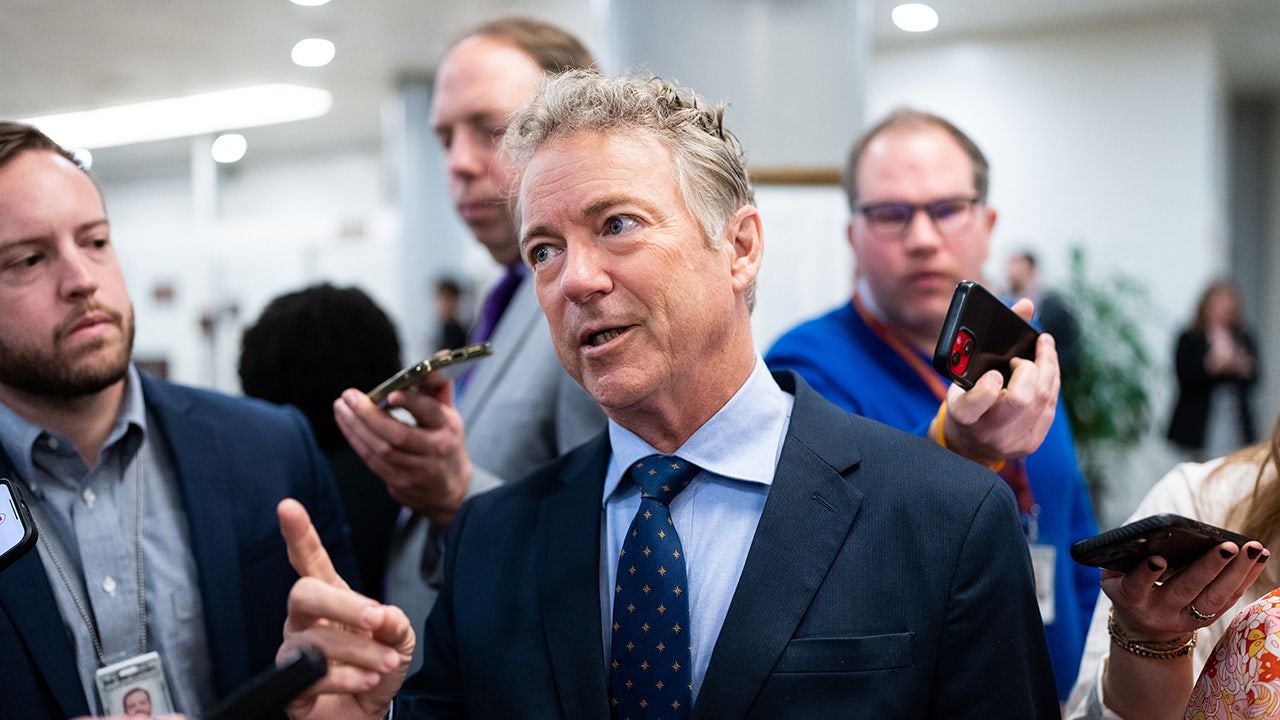
 Politics1 week ago
Politics1 week agoFauci adviser's alleged destruction of COVID origin docs must be probed by AG: Rand Paul

/cdn.vox-cdn.com/uploads/chorus_asset/file/25434068/IMG_4162.jpeg)
